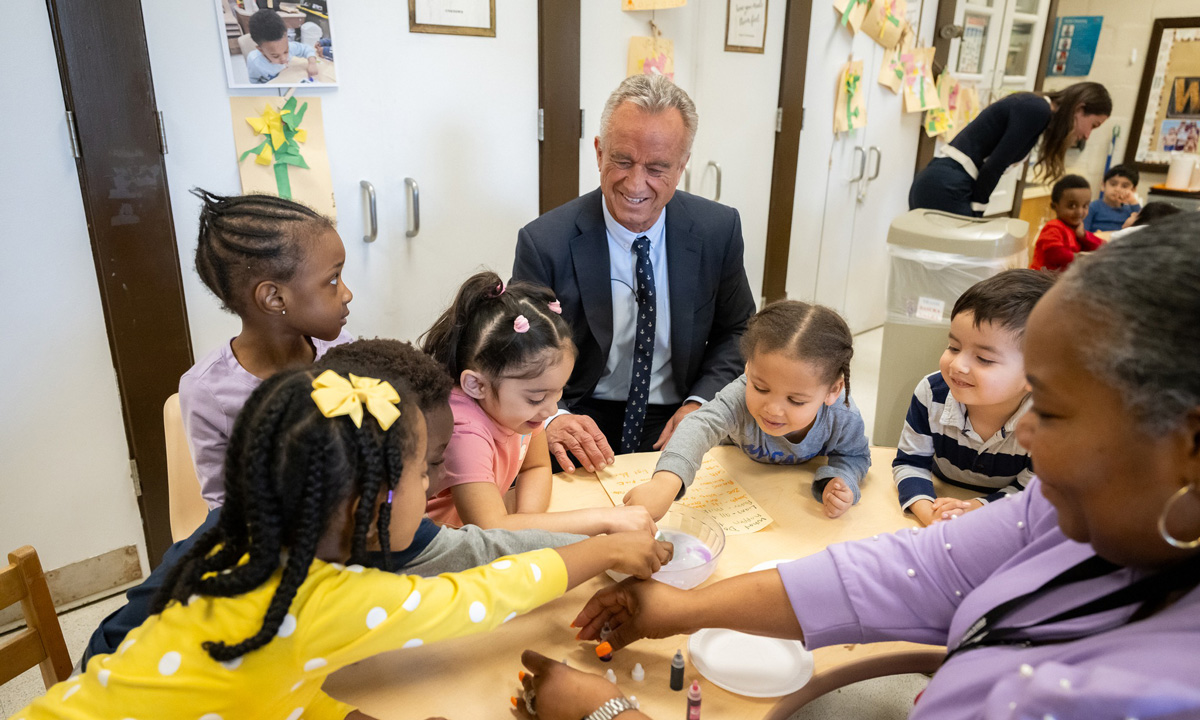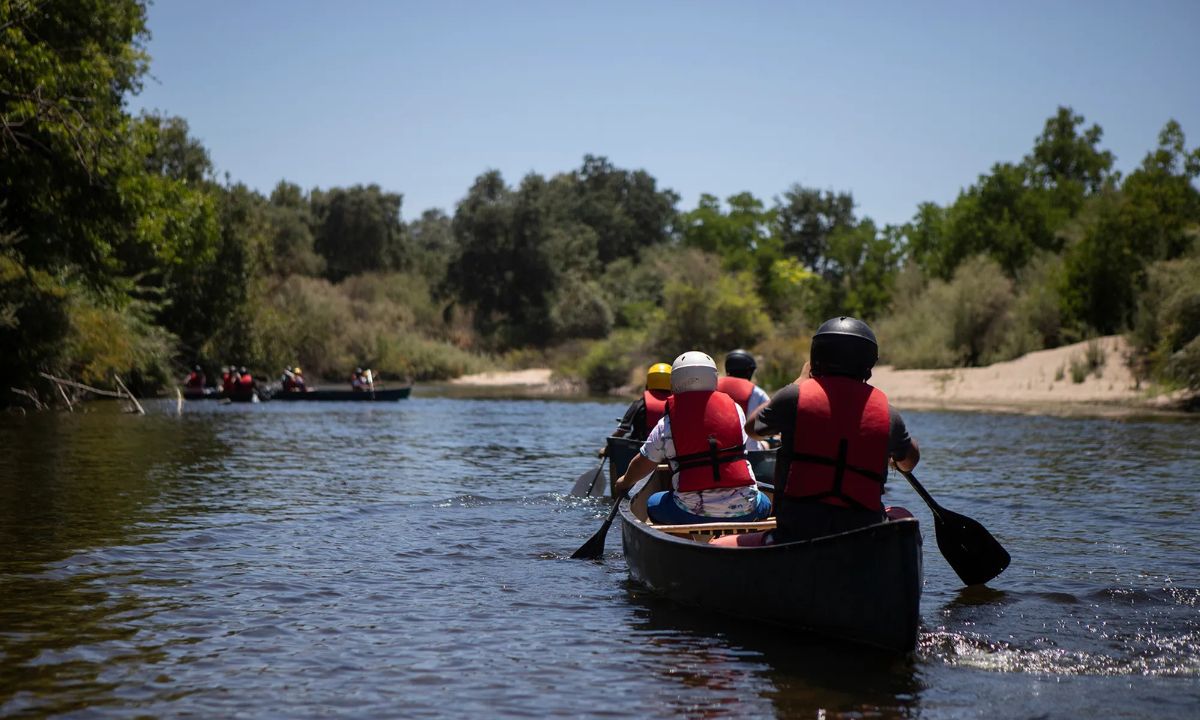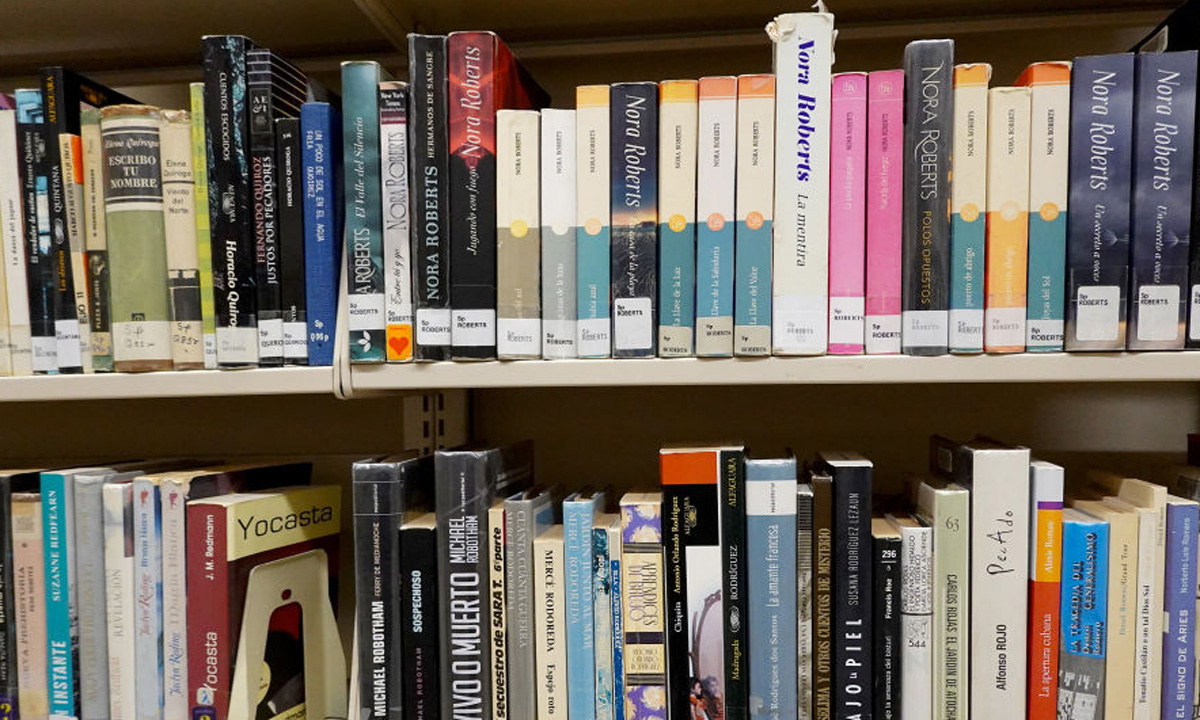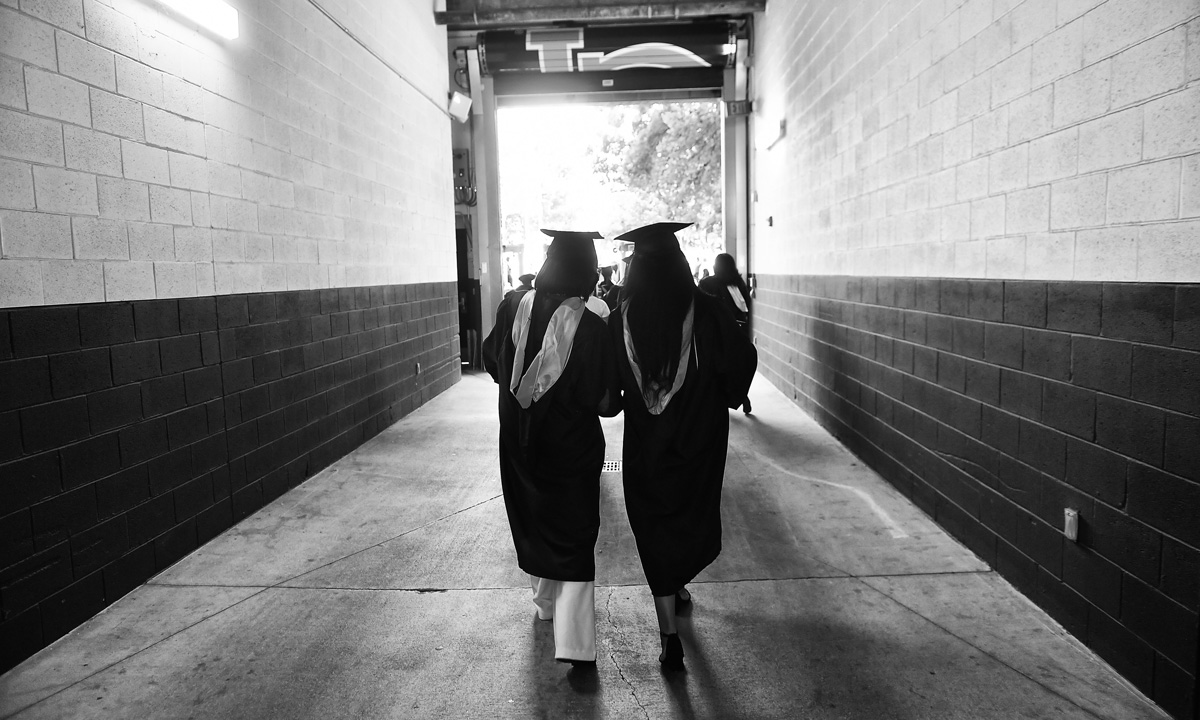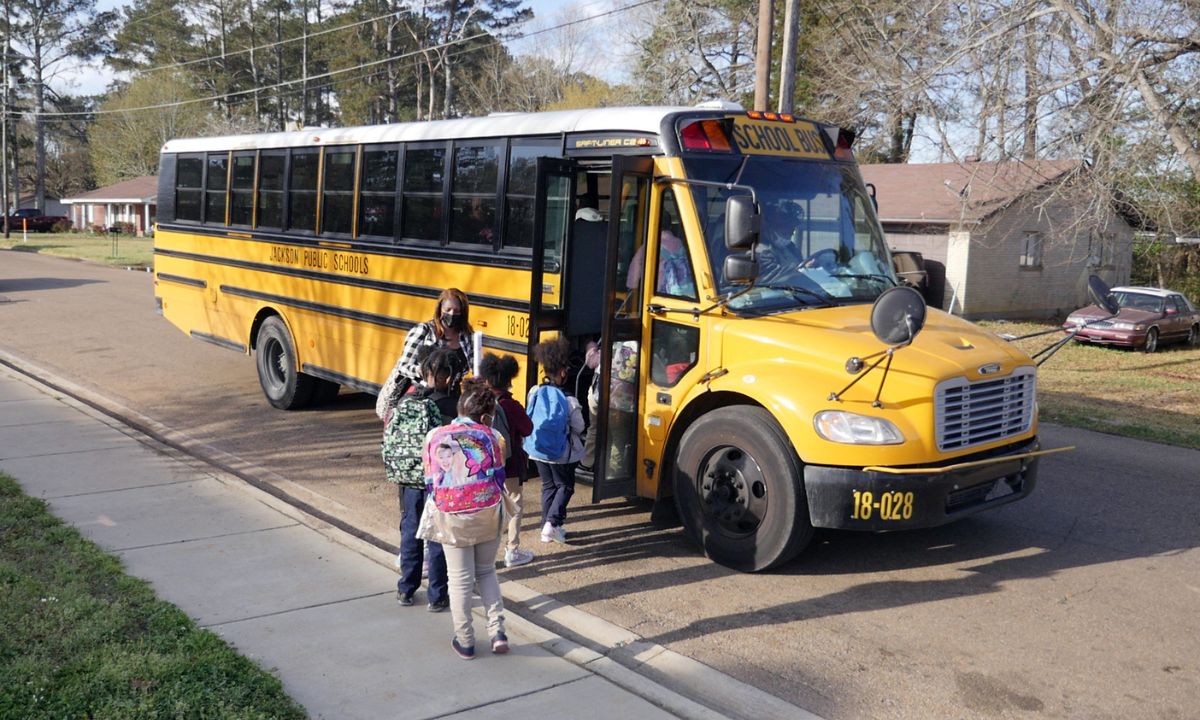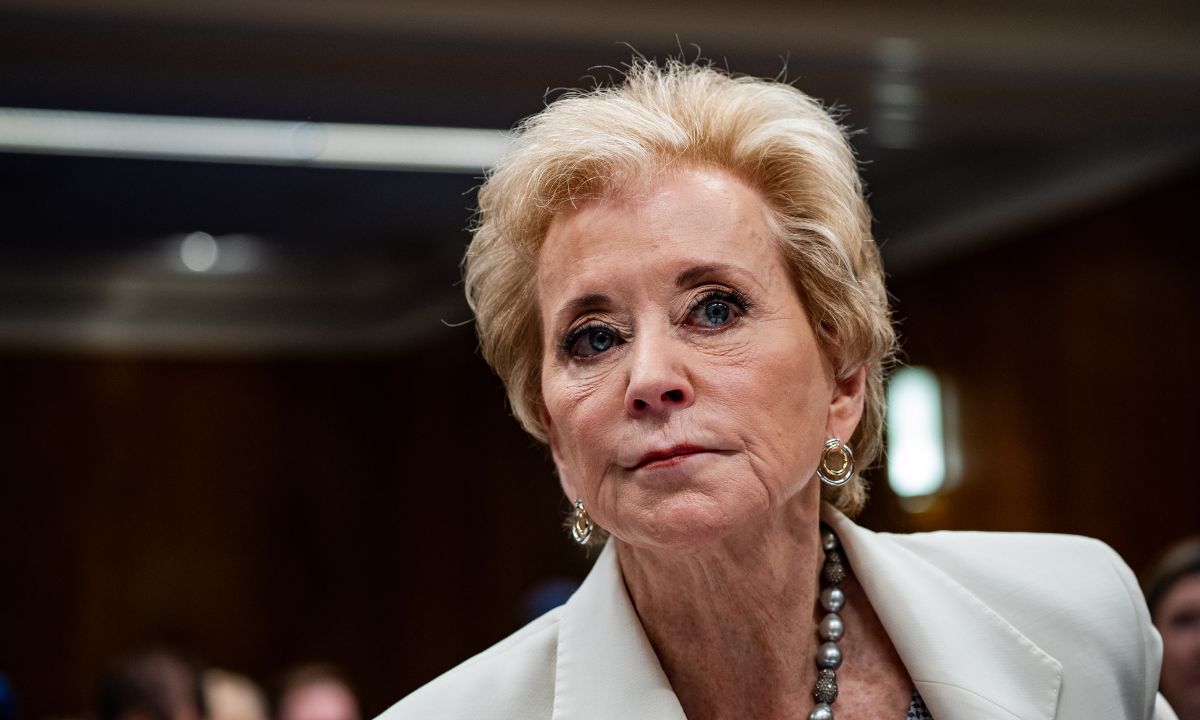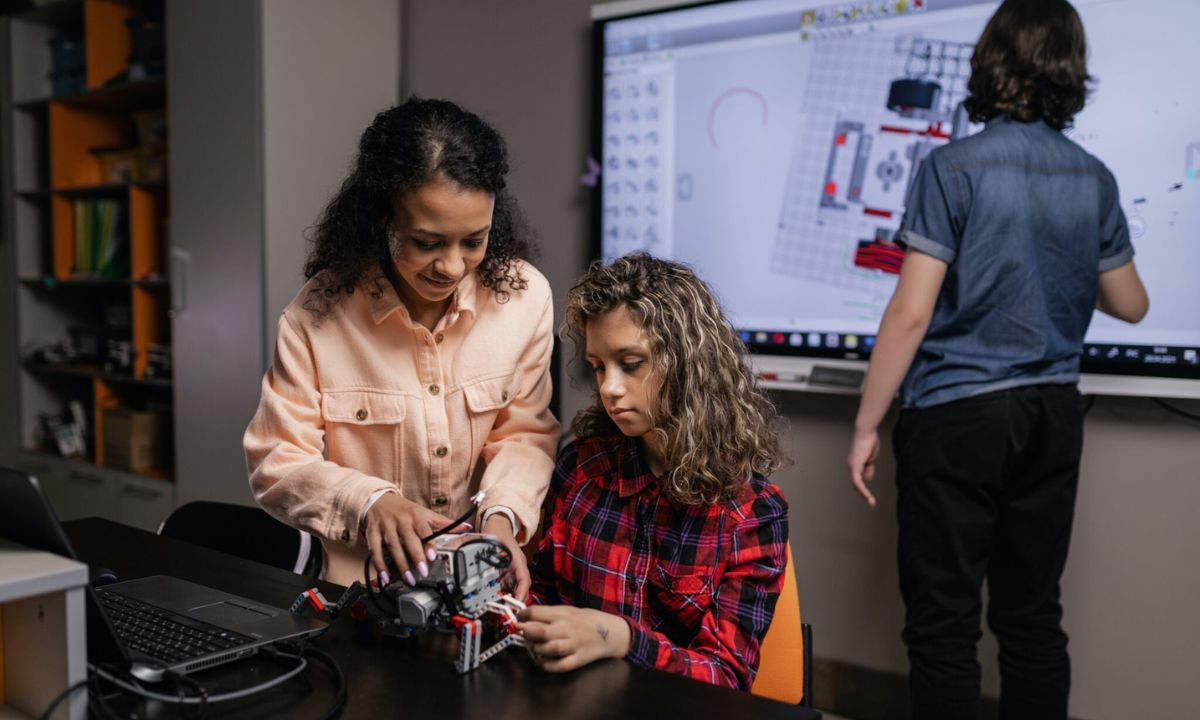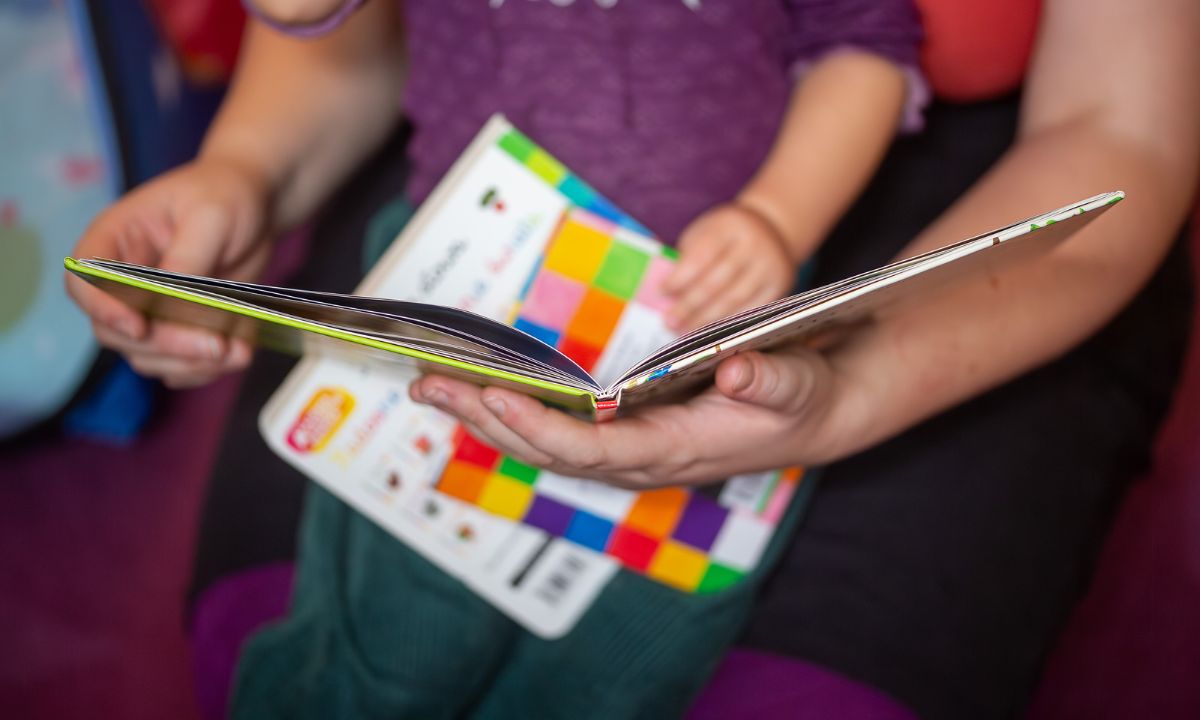Proponents claim that President Donald Trump’s extensive push to deny undocumented immigrants access to education from birth to employment undermines the main reason many immigrated to the US: the prospect of a better life.
Head Start no longer accepts preschoolers without legal status, and professional, technical, and adult education no longer accepts older students or adults without documentation. The president’s broad immigration enforcement operation is targeting K–12 schools, and some states are canceling in-state college tuition for people who are here illegally.
On July 10, the instruction pertaining to Head Start enrollment was made public. In 1965, the federally financed early education program was established to support the academic success of disadvantaged children.
The U.S. Department of Education closed the doors to older undocumented adults and students who wanted to learn to read, get dual enrollment credits, or acquire work skills on the same day. “Under President Trump’s leadership, hardworking American taxpayers will no longer be responsible for paying for illegal aliens to participate in our career, technical, or adult education programs or activities,” declared Education Secretary Linda McMahon.
With federal officials detaining and arresting kids and interviewing unaccompanied minors, the administration’s aggressive, multibillion-dollar deportation campaign has made use of the country’s K–12 public schools, which occupy the huge space between early education and college and careers.
Teachers have proposed a remedy that was previously unimaginable: a return to remote learning. This is because these and other enforcement measures have scared newcomer families to the point that some youngsters are skipping school.
I am aware many districts are struggling with the question, “Should we adopt the hybrid approach that we learned how to implement during the pandemic in the fall to prevent students from being subject to ICE raids simply by entering the classroom?” Former education secretary Miguel Cardona’s CTE and adult education chief, Amy Loyd, told The 74.
In recognition of the many obstacles undocumented youth currently have while trying to further their education, one California college has already begun to offer this alternative. One of the most urgent issues is cost; these students are not eligible for federal student loans or Pell grants.
When at least two dozen states, frequently with bipartisan support, offered in-state college tuition to local high school graduates without legal status, the financial barrier was removed. The Trump administration is currently attacking these policies, some of which have been in place for decades.
Because the practices provided foreigners with more reasonable in-state tuition rates but not out-of-state American residents, the president issued an order in the spring stating that the policies had to end. Students were left adrift when the Justice Department filed lawsuits against Kentucky, Minnesota, and Texas in June to stop the practice. The Lone Star State voluntarily decided to end its program, which was the oldest in the nation, within hours.
The first state to take action was Florida, which in February moved to ban in-state tuition for students without legal status.
In response to the CTE and adult education limits earlier this month, Augustus Mays, vice president of EdTrust, an advocacy organization that focuses on equity, emphasized the importance of taking a broader view.
To be clear, he stated in a statement that this action is a part of a larger, extremely unsettling trend. Protecting taxpayers is not the goal here. It has to do with disciplining pupils. This administration has decided to use policy as a weapon against hope.
Five universities, including the University of Miami and the University of Michigan, are under investigation by the Education Department’s Office for Civil Rights on July 23 for providing scholarships to undocumented students who are granted the right to reside and work in this country under the Obama-era Deferred Action for Childhood Arrivals program. The investigations will look into whether awarding scholarships to DACA recipients is discriminatory against college students who were born in the United States.
In a statement, Acting Assistant Secretary for Civil Rights Craig Trainor said, “We are stepping up our enforcement efforts to safeguard American students and lawful residents from invidious national origin discrimination of the kind alleged here as we commemorate President Trump’s historic six months back in the White House.”
The youngest and the oldest learners
The Blind Children’s Center was established in 1938 in Los Angeles, and Sarah Orth is its chief executive officer. Head Start, which serves 85 early learners from birth to age five, is one of its current programs.
“I’m not sure how my program will identify and remove undocumented students,” she said, adding that this action against Head Start is so outrageous because infants and toddlers are the most vulnerable. Will the registered children be grandfathered in or will I be dismissing them the following week? I don’t know. Some of my employees are crying since they will have to break the news to them.
Some families, according to Orth, are unable to access the range of treatments their children require in their native nations. She remembered a 4-year-old kid who was brought into the program by her young, Spanish-speaking parents. Their kid had sensory problems, was visually handicapped, and had not had much exposure to the outside world.
Orth claimed that when they originally enrolled her, her father would always carry her from the car to the classroom. She wouldn’t know what was going on, so she would raise her feet if you tried to do that.
After starting Head Start, the kid was playing with peers and walking independently both indoors and outside within six to eight months. She stopped clinging to her father out of fear when she initially came to us as her confidence increased.
According to Orth, her parents also realized how crucial it was for her to develop social and emotional ties.
The decision to ban the undocumented could affect an estimated 115,000 Head Start families and children. According to a study conducted by the U.S. Department of Health and Human Services, which administers the program, taken together, they provide about 16% of the program’s total enrollment for 2024–25. Eighty percent of Head Start’s expenses are covered by the federal government, which will invest $12 billion in the program in 2023.
According to Luis Bautista, executive director of the Los Angeles County Office of Education Head Start and Early Learning Division, which serves around 7,000 children and families, this program has never needed that type of [citizenship status] validation or verification in its 60 years. With all of the other activities going on, including immigration, this is only making families feel more anxious and perplexed.
He characterized Trump’s action as “very unfortunate,” adding that he disagrees with the way the president has described children born abroad.
“I don’t think a child, especially a three-year-old, is illegal in any way,” Bautista stated, adding that funding for young brain development is a wise investment. Before the age of five, 90% of brain development takes place. The investment ought to go there.
The number of senior students who will be impacted by Trump’s citizenship limits is unknown.Some 8.3 million high school and roughly 3.5 million post-high school studentsparticipated in CTE in the 2020-21 school year, the most recent year for which federal data is available, according to the Association for Career & Technical Education.
Congress each year sends some$1.4 billion to states and appropriates another roughly $30 millionfor competitive grants to support CTE efforts across the country. These programs must serve nine particular populations, such as English language learners, people with impairments, and single parents, in order to get financing.
Loyd, who is now CEO of the advocacy organizationAll4Ed, said she s concerned about Trump s focus on higher education, including CTE programs, which she said help students from all walks of life.
She claimed that, in essence, we are forcing high school students into entry-level, unfulfilling professions. It s just mean-spirited and certainly consistent with the administration s commitment to undermine the vital presence of immigrants in our nation. It s so dehumanizing.
The $715 million the federal government spends on adult educationserves a slightly different population, adults and out-of-school teens 16 and older. The funding, amongthe $7 billion temporarily frozenby Trump this summer, covers a range of programs, including high school diploma equivalency, adult literacy and vocational job training for people with disabilities.
The programs are run bycommunity colleges, school districts and outside community organizations. Manyserve English learners.
An adult education teacher in Indiana told The 74 that the 300-plus immigrants in her program many from Haiti, Guinea and Senegal enroll to learn English and earn a high school diploma equivalency. Some of the younger students, she said, use the program to prepare for college while the older participants hope it will help them land better-paying jobs.
The teacher, who asked not to be identified because she feared losing funding for her program, described her students as the most respectful, grateful people I have ever met in my life.
She said they respond with copious appreciation even for a gift as small as a pencil.
I ll say, Just take it, and they will use it until it s down to the nub, she said. They are just so eager to learn.
Will Plyler be next?
The administration is changing the narrative around programs like Head Start and CTE, moving them away from their educational roots and the view that they were beneficial to the economy and casting them instead as federal public benefits. Undocumented immigrants are not eligible for such programs, including food assistance and non-emergency Medicaid.
Wil Del Pilar, senior vice president at EdTrust, asserted that this is part of a wider strategy by the president to scapegoat some of the country s most vulnerable people.
This is not a new trope, he said, adding that German, Irish and other immigrant groups were similarly castigated upon their arrival to America, fueled by the notion that newcomers are taking something that belongs to you, that they are getting a benefit you don t receive.
And while many of Trump s initiatives are facing legal challenges 21 Democratic attorneys generalsued the administrationearlier this month over theHead Startandcareer, technical and adult educationdirectives the president haslargelyprevailedin his efforts on immigration.
With each new announcement, immigrant advocates worry Trump could be inching closer to dismantling or undermining , the landmark 1982 Supreme Court ruling that a child cannot be denied a public education based on immigration status. Some immigrant advocates fear his administration might try to argue that a free, public education is also a public benefit program and so off-limits to undocumented K-12 students.
The U.S. is home to roughly11 millionundocumented residents. In 2021, the American Community Surveycounted 649,000 childrenages 5 to 17 who had been in the United States for three years or less, and another 1.5 million immigrant children living here four years or more, according to the Migration Policy Institute.
Stephen Miller, White House deputy chief of staff and architect of the president s immigration crackdown, searched for waysearly in Trump s first termto undercut . In June, one of the authors of theProject 2025conservative playbook, who has proposed challenging or overturning the ruling, became the Education Department s newestdeputy chief of staff for policy and programs. BothTexasandTennesseehave recently tried to weaken K-12 protections for undocumented students.
Pamela Broussard, a Texas-based educator and advocate for English learners, said overturning would betray the very principles upon which public education was founded.
She maintained that education is a right not a privilege and that all students deserve to be supported in their learning.
When any group of children is denied access to education, we create an underclass more likely to face poverty, unemployment and social marginalization, she told The 74. At its core, affirmed that the Equal Protection Clause of the 14th Amendment applies to all people, not just citizens.
